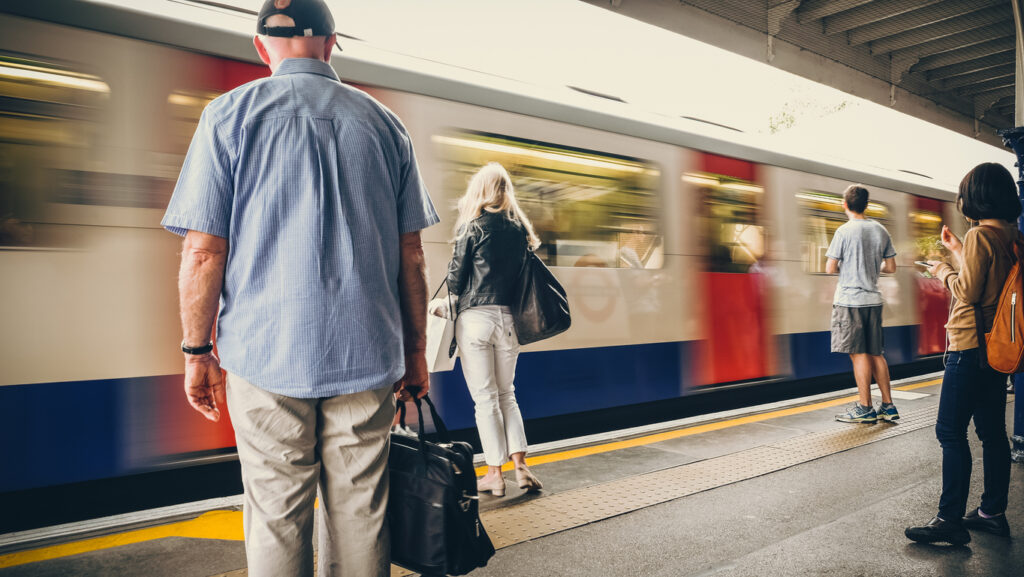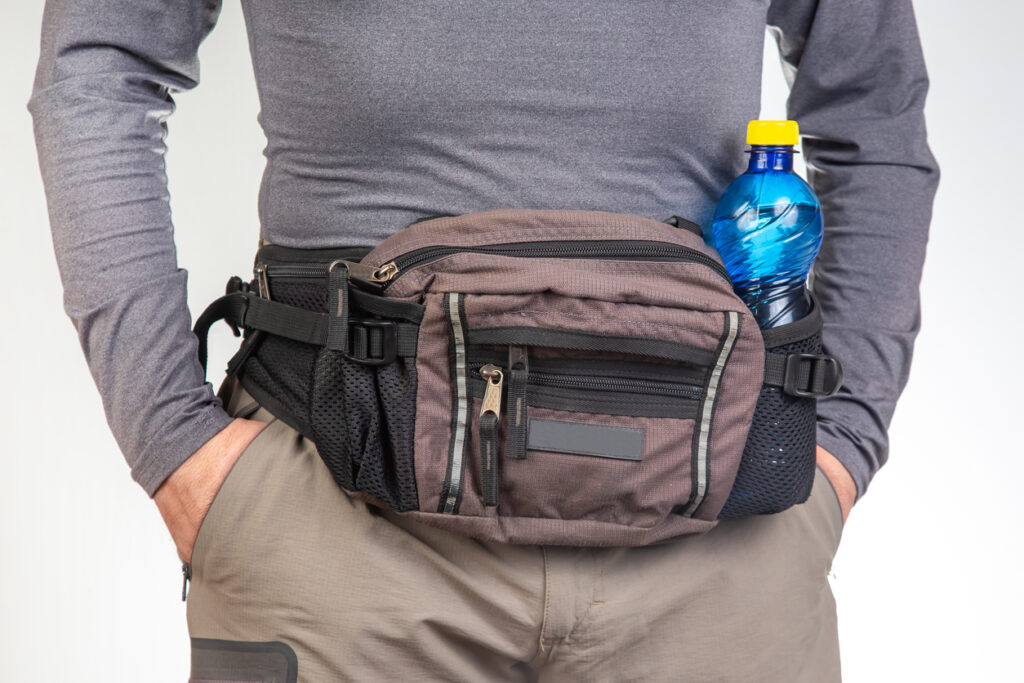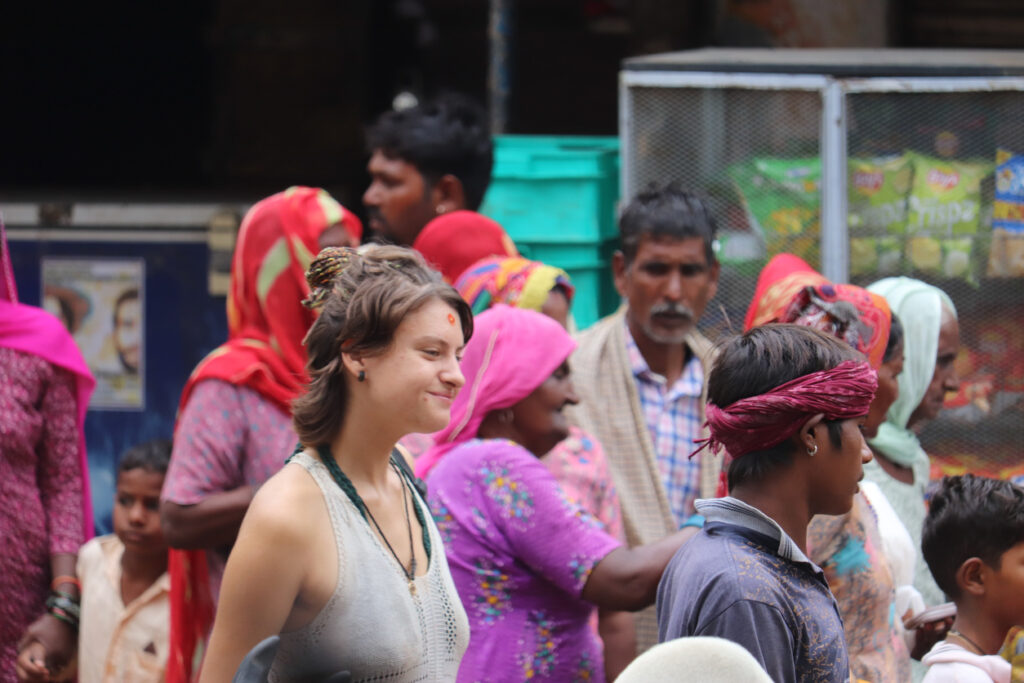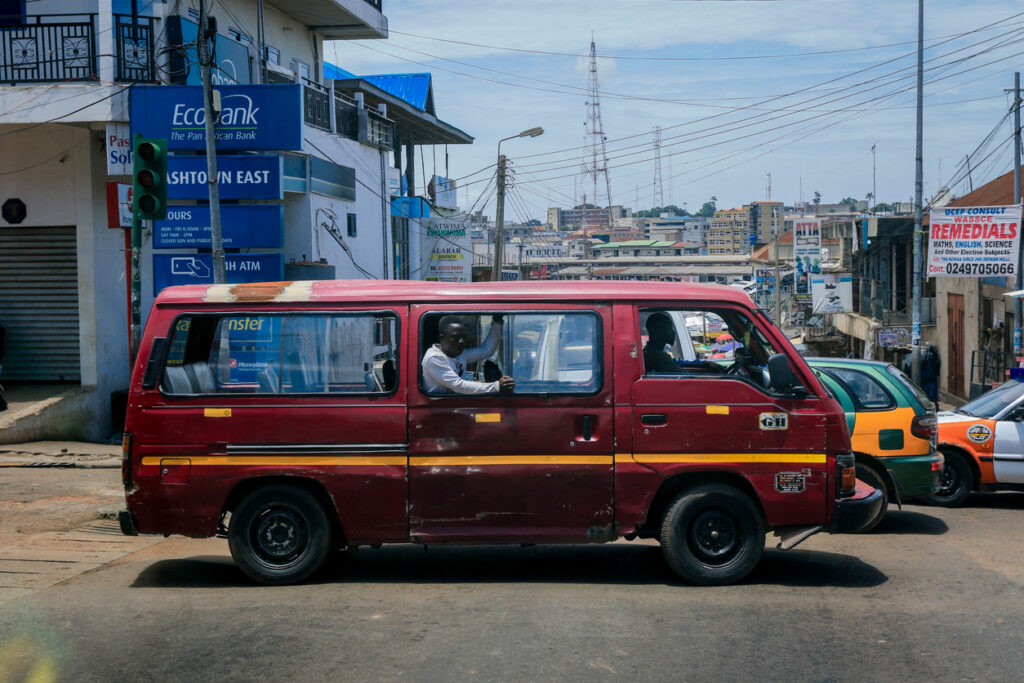Learn how to protect yourself and stay safe when you travel abroad.

Exploring a new city is thrilling, but safety should always come first. Whether you’re traveling for fun or business, staying safe in unfamiliar places is key to enjoying your trip. Follow these eight crucial travel safety tips to confidently navigate any city without worry.
1. Research Your Destination Ahead of Time

Before you arrive, research your destination thoroughly. Learn about the safest neighborhoods, areas to avoid, and common local scams. Familiarize yourself with the public transportation system and local customs. Knowing key information, such as emergency numbers and embassy locations, will help you feel more prepared. Consider downloading offline maps and travel apps to have essential details at your fingertips. The more you know in advance, the better equipped you’ll be to stay safe.
2. Keep Your Valuables Secure

Pickpocketing and theft are common in crowded tourist areas, so securing your valuables is crucial. Use a money belt or hidden pouch to carry your passport, cash, and credit cards. Avoid flashing expensive items like jewelry, smartphones, or cameras in public. When possible, leave unnecessary valuables in a hotel safe. Be aware of your surroundings, especially in busy areas, and always keep your belongings close to avoid becoming a target for thieves.
3. Stay Alert and Blend In

Being aware of your surroundings is key to staying safe in an unfamiliar city. Keep your phone tucked away and avoid distractions while walking, particularly in crowded or unfamiliar areas. Try to blend in by dressing conservatively and following local customs to avoid drawing attention to yourself as a tourist. Walk confidently and avoid looking lost—if you need directions, step into a shop or café to check your map discreetly.
4. Use Reliable Transportation Options

When getting around, stick to reliable transportation options. Use official taxis, ride-sharing services, or public transit rather than accepting rides from strangers or unlicensed drivers. If you’re renting a car, park in well-lit areas and lock your doors. When using public transportation, be cautious in crowded spaces where pickpockets might operate. Knowing your route ahead of time and avoiding isolated areas after dark can significantly improve your safety.
5. Stay Connected with Loved Ones

Let someone know your travel plans and check in regularly with family or friends. Share your itinerary and accommodation details, especially if you’re traveling alone. Use apps like Find My Friends or Google Maps location sharing to keep others updated on your whereabouts. In case of an emergency, it’s essential that someone back home knows where you are and how to contact you. Staying connected adds a layer of safety, even if you’re far from home.
6. Trust Your Instincts

Your instincts are your best guide when it comes to safety. If something feels off or makes you uncomfortable, trust your gut and remove yourself from the situation. Whether it’s avoiding a dark alley, declining a suspicious offer, or moving away from a group of people, don’t hesitate to prioritize your safety. It’s better to be overly cautious than to take unnecessary risks, especially in an unfamiliar city.
7. Avoid Flashing Cash or Expensive Items

Displaying large amounts of cash or wearing flashy jewelry can make you an easy target for theft. When paying for items, keep your cash discreet and avoid pulling out large sums. Consider using credit cards or mobile payments for added security. It’s also wise to separate your money, keeping small amounts easily accessible and larger sums hidden securely, so you’re not forced to expose everything when making a purchase.
8. Choose Accommodations in Safe Areas

When booking your accommodations, prioritize safety over cost. Research reviews and choose hotels or rentals in well-lit, secure neighborhoods. Look for places with 24-hour security or front desk services, and make sure the doors and windows have secure locks. If you’re staying in an Airbnb or vacation rental, read past guest reviews to confirm that the area is safe. A secure, reputable place to stay can make all the difference in your peace of mind.
